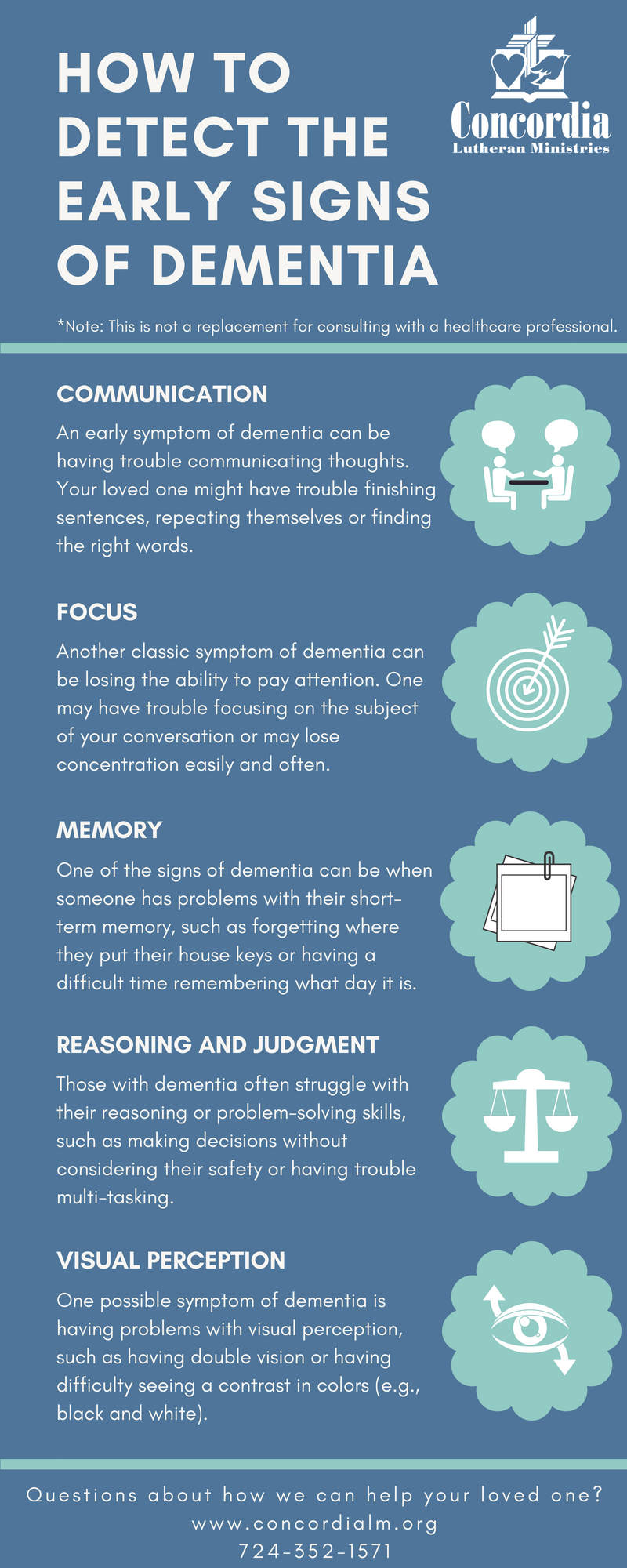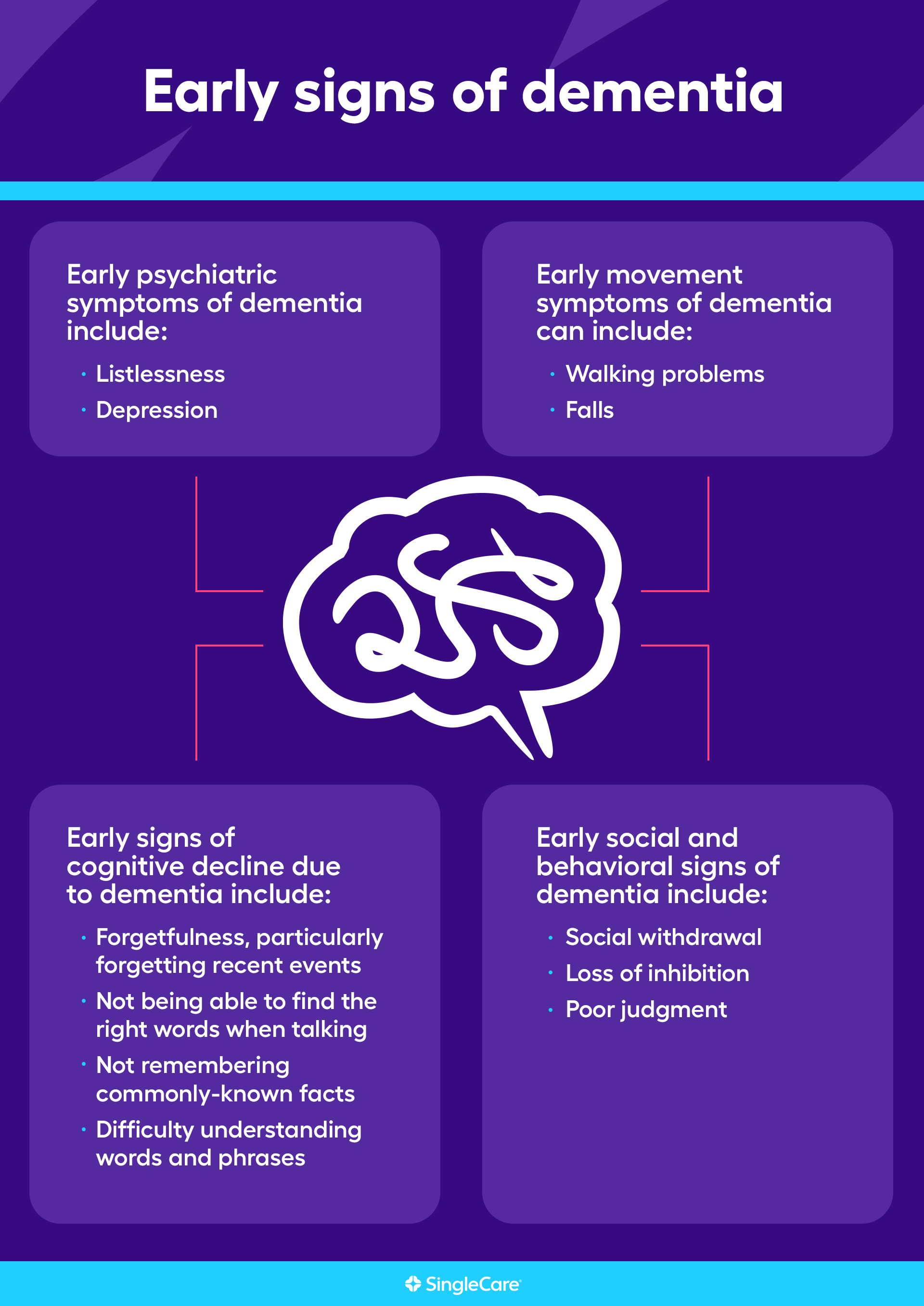Why Routine Exercise Matters for Reducing Fall Risk in Dementia Patients
Why Routine Exercise Matters for Reducing Fall Risk in Dementia Patients
Blog Article
Recognizing the Impact of Mental Deterioration on Every Day Life and Caregiving
Mental deterioration influences every day life in profound means, influencing not just those diagnosed but likewise their caretakers. As cognitive decline proceeds, you might discover adjustments in interaction and routine that obstacle both events. Recognizing these changes is essential for preserving self-respect and interaction. Yet exactly how do you adapt your caregiving approaches to support somebody traversing this complex journey? The answers may stun you as we explore the nuances of this experience.
The Phases of Mental Deterioration and Their Effects on Life
As you browse the trip of mental deterioration, recognizing its phases can markedly affect exactly how you handle day-to-day life. Mental deterioration normally advances via three main stages: early, center, and late.
During the middle phase, you'll experience much more obvious cognitive decrease. Daily tasks might become challenging, and maintaining your independence might need modifications. Utilizing tips and simplifying your setting can assist.
In the late stage, individuals often require significant aid with everyday activities. Preparation for treatment comes to be vital, focusing on convenience and high quality of life. By understanding these phases, you're much better geared up to respond proactively, guaranteeing you or your liked one can browse the difficulties with self-respect and elegance.

Modifications in Interaction and Social Interaction
Exactly how do modifications in interaction influence your daily interactions as mental deterioration advances? As dementia developments, you might discover that basic conversations come to be tough.
You might locate it easier to connect via these ways as opposed to relying only on talked language. Listening abilities can also alter; you could find it more challenging to adhere to discussions or remember what was just claimed (Frontotemporal Dementia). This can cause misconceptions or sensations of seclusion
Motivating persistence and developing a helpful environment can aid. Involving in activities that promote connection, like music or art, can boost social communications. Remember, preserving connections is still feasible; it's just around adapting to brand-new methods of interacting.
Impact on Daily Routines and Activities
While steering everyday routines, you'll likely discover that jobs you once finished effortlessly ended up being much more challenging as dementia advances. Easy tasks like cooking, dressing, or perhaps bathing may call for even more time and effort. You may locate on your own forgetting action in familiar regimens or having a hard time to recall where you placed items. This can cause disappointment not just for you, but additionally for those around you.
Preparation your day can feel frustrating, making it more challenging to adhere to a schedule. You might require suggestions for appointments or to take medications. Adjusting your environment can help; for instance, labeling things or utilizing checklists can streamline jobs. Participating in recurring, structured activities can likewise provide convenience and a sense of accomplishment. Remember, it's okay to ask for aid. Bordering on your own with helpful buddies or household can make handling these changes a bit easier.
Behavior and emotional Difficulties
Guiding via day-to-day regimens can produce not just sensible difficulties, however behavioral and likewise emotional ones. You could notice adjustments in state of mind, such as enhanced stress and anxiety or stress, which can come from confusion or difficulty in completing tasks. As you navigate these minutes, it is important to recognize that your enjoyed one might share their feelings with behaviors like anxiety or withdrawal.
These psychological feedbacks can be unpredictable and may occur without warning, leaving you both feeling overwhelmed. You could discover that familiar settings or routines can assist minimize anxiousness, but maintaining patience comes to be substantial. It is essential to verify their feelings, even if you do not totally recognize them.
The Role of Caregivers in Sustaining Individuals With Mental Deterioration
As a caregiver, you play a crucial function in supplying emotional assistance for individuals with mental deterioration. Developing daily care routines can develop a sense of stability and convenience, helping to alleviate their stress and anxiety. By understanding their demands and making use of efficient strategies, you can greatly boost their lifestyle.
Psychological Support Approaches
When caring for a person with mental deterioration, recognizing the emotional landscape is important for providing effective support. Straightforward gestures, like holding their hand or preserving eye contact, can develop a feeling of safety and security. Eventually, do not fail to remember to take treatment of your own emotional requirements; looking for support for on your own can boost your ability to care for them.
Daily Care Routines
Developing everyday care regimens is necessary for providing security and convenience to people with mental deterioration, as these regimens can assist reduce complication and anxiousness. You can start by describing a regular schedule for meals, tasks, and rest. This predictability helps your loved one really feel extra secure and engaged.
Integrate familiar tasks, like folding laundry or watering plants, which can evoke favorable memories and promote a sense of accomplishment. Use visual hints, such as schedules or lists, to guide them with the day.
Be versatile, though; adjust regimens as required based on their state of mind or power levels. Early Onset Dementia. Keep in mind, your perseverance and understanding are essential in maneuvering their changing demands, guaranteeing they feel sustained and valued throughout their life
Producing a Safe and Comfy Living Environment
Developing a comfy and risk-free living environment is crucial for people with dementia. You'll wish to make home safety and security adjustments that decrease risks and ensure knowledge to offer a feeling of convenience. By concentrating on these elements, you can aid develop a room that sustains both safety and security and health.
Home Safety And Security Modifications
As you browse the obstacles of mental deterioration, making home security modifications can considerably boost convenience and protection. Start by eliminating tripping hazards like rugs and clutter, assuring pathways are clear. Set up grab bars in bathrooms and non-slip mats in the shower to avoid drops. Think about using brighter illumination and evening lights to boost visibility, particularly during nighttime. Tag essential areas, such as the shower room and kitchen area, with clear signs to aid with positioning. Secure any kind of sharp objects or poisonous substances unreachable. Furthermore, assess your home's locks and alarm systems to validate they're easy to use and provide tranquility of mind. These modifications not just promote safety and security however also motivate independence, enabling your loved one to feel even more at simplicity in their setting.
Convenience and Familiarity
After guaranteeing a safe environment with necessary alterations, cultivating convenience and experience is necessary for individuals with dementia. Keep a regular regular to help them feel based and minimize anxiety. Engaging in acquainted activities, such as listening to music or gardening, can boost their feeling of belonging, making their living environment a real haven.
Methods for Effective Caregiving and Assistance
While maneuvering the challenges of mental deterioration treatment can feel frustrating, carrying out effective approaches can significantly improve both the caretaker's and the individual's daily experience. Beginning by establishing a regimen; predictability helps in reducing stress and anxiety for both you and your loved one. Usage clear, basic communication-- straight questions and short sentences can prevent confusion.

Do not neglect to deal with yourself; schedule breaks and connect with assistance teams. Sharing experiences with others in similar situations can give useful insights and emotional alleviation.
Lastly, continue to be person and adaptable. Dementia can bring unpredictable adjustments, so adjusting your technique is important. By using these methods, Early Onset Dementia you can promote a much more favorable atmosphere that profits both you and your liked one.
Frequently Asked Inquiries

What Are the Various Sorts Of Dementia?
You'll find several kinds of dementia, consisting of Alzheimer's, vascular dementia, Lewy body mental deterioration, and frontotemporal dementia. Each kind influences memory and cognitive function differently, so comprehending the differences is vital for correct medical diagnosis and treatment.
Just How Can I Help Someone With Early-Stage Mental Deterioration?
You can help someone with early-stage dementia by being patient, offering assistance, and urging them to take part in activities they enjoy. Maintaining routines consistent and keeping open interaction can likewise make a significant distinction in their every day life.
Exist Financial Resources Available for Dementia Care?
Yes, there are economic resources available for mental deterioration treatment. You can explore entitlement program programs, nonprofit organizations, and insurance coverage options. It's additionally a good idea to speak with neighborhood companies for particular sources tailored to your situation.
What Lawful Considerations Should Caregivers Be Mindful Of?
As a caregiver, you need to think about power of lawyer, health care proxies, and guardianship laws. It's vital to comprehend the lawful rights and duties you hold, ensuring your enjoyed one receives proper care and security.
How Can I Deal With Caregiver Anxiety?
You can deal with caretaker stress by prioritizing self-care, looking for support from good friends or groups, setting sensible assumptions, taking breaks, and practicing relaxation strategies. Remember, your wellness matters equally as much as the person you're looking after.
Understanding the Effect of Mental Deterioration on Daily Life and Caregiving.
As you navigate the journey of mental deterioration, recognizing its stages can significantly influence just how you manage everyday life.While steering day-to-day routines, you'll likely discover that jobs you as soon as finished easily become much more difficult as mental deterioration proceeds.Developing day-to-day care routines is necessary for giving stability and comfort to people with dementia, as these regimens can assist lower complication and anxiousness.While steering the challenges of dementia care can feel overwhelming, executing effective techniques can considerably enhance both the caretaker's and the individual's day-to-day experience.
Report this page